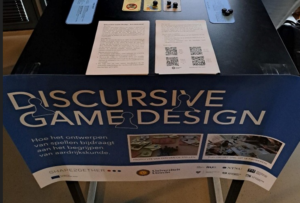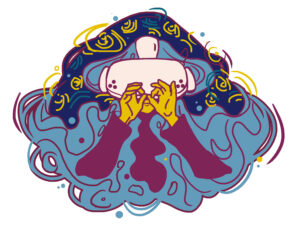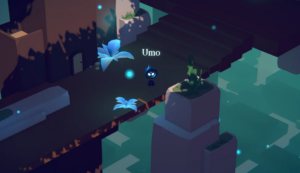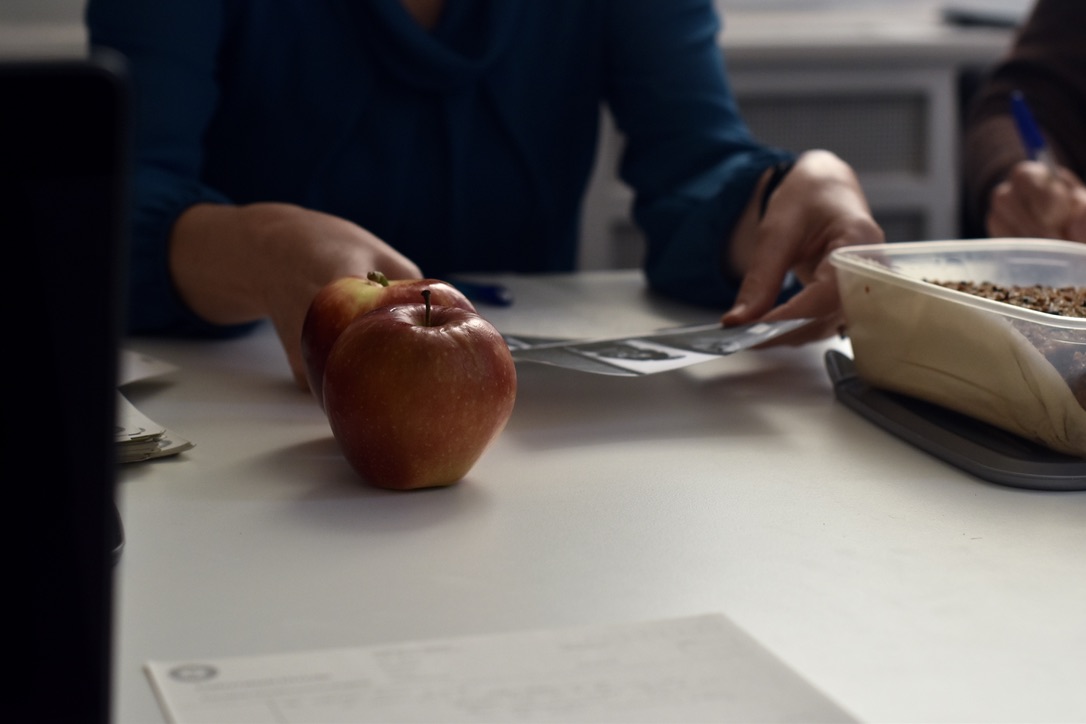
On June 7th 2024, the Fostering an open mind and open attitude in higher education using games and art-based educational activities (Open Mind) project ran an initial play test of the first two components of Work Package 2 (WP2). The aim of WP2 is to develop a game-making toolkit which will be used in classroom settings as a way to encourage participating students to consider their own perspectives, as well as biases, while encouraging them to find possible routes of understanding for those who do not share those same world views.
In attendance were a portion of the design team responsible for developing the tools in the aforementioned toolkit, Dr. Deborah Cole, Dr. Luce Claessens, Robin Bos, Dr. Alice Veldkamp, Aengus Schulte and Dr. Jasper van Vucht, as well as visiting academic Oscar Alvarez Alonso and two Game Research website interns, Amy Lycklama and Ramon Vos.
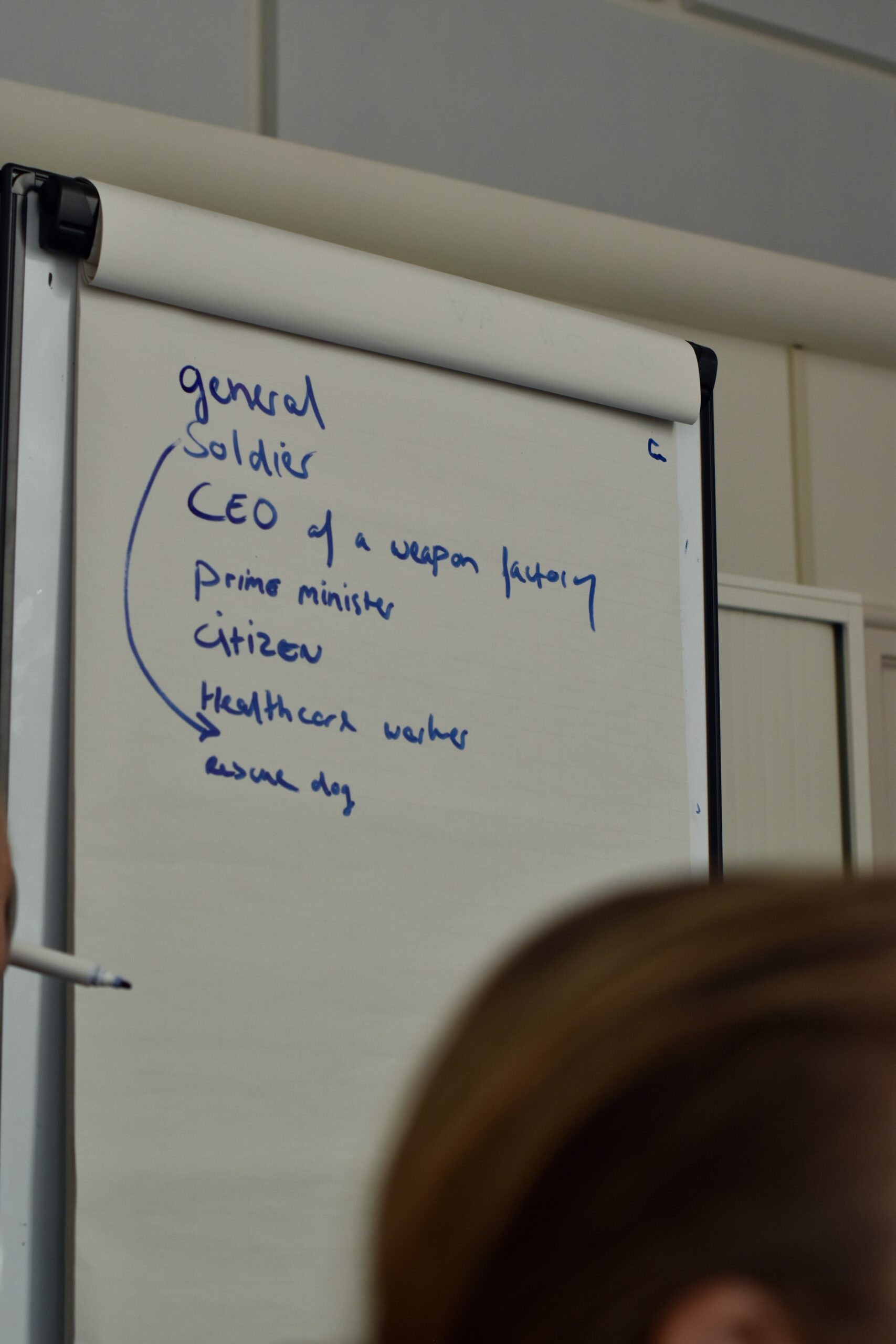
For further information regarding the Open Minds Project see the project page for previous postings [HERE].
The game making process set out within the toolkit consists of various phases, each designed to encourage participants to engage with their biases and preconceived notions while simultaneously providing space for in-depth discussions and perspective taking.
Throughout the game design process, there are ample opportunities wherein the system so far created by the WP2 team enables nuanced discussions and encourages reflection upon preexisting biases, as well as how those may have affected people’s decisions. Even in the game’s early stages, the space is made to afford those engaging with the material to view and explore various dilemmas and agendas. There is also a significant effort in trying to strike a balance between keeping the games built using these tools grounded in reality, while also allowing people to distance themselves from difficult topics as a way to safely engage with the difficult discussions that often arise around these topics.
WP2 is shaping up to be an engaging educational tool, with well thought out opportunities for discussion, and room to encourage and explore a number of different perspectives on various complex issues in a nuanced way.

